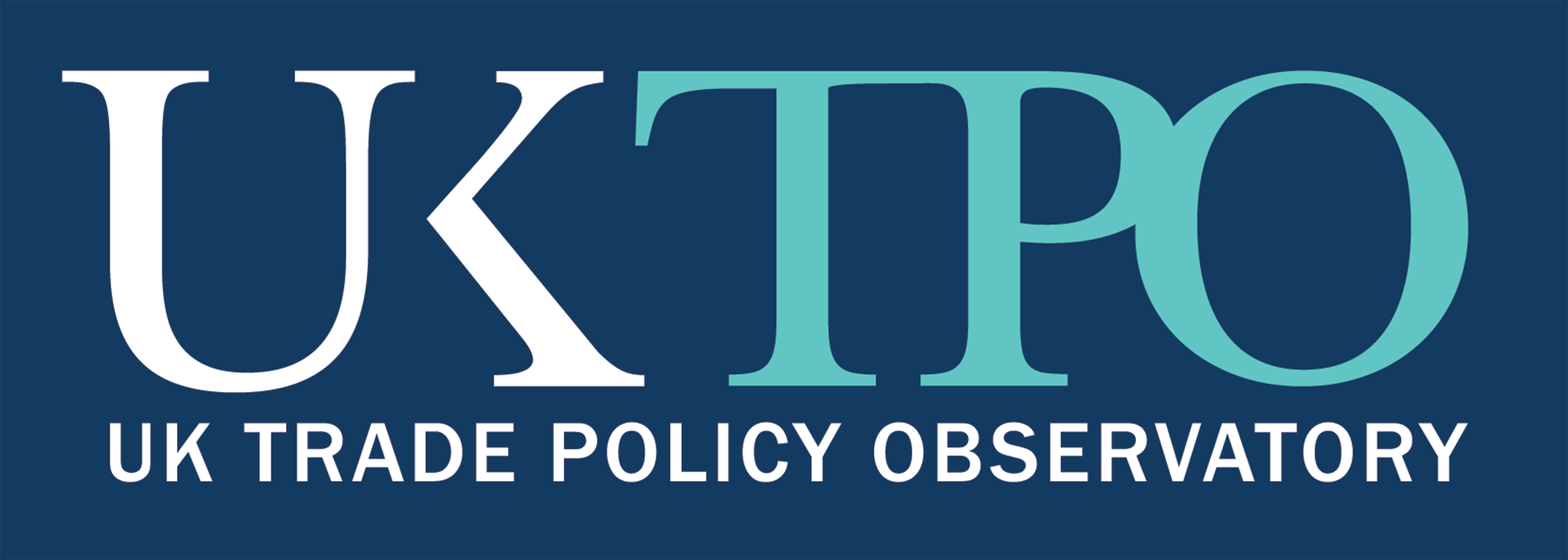In memory: Jim Rollo
We are deeply saddened to hear of the death, after a long illness, on 25th September of our dear friend and colleague Professor Jim Rollo, a hugely distinguished expert on international economics and European Studies. He was a founder member of the UKTPO and its first Deputy Director in 2016. He joined Sussex University in 1999 after a non-university career starting in the Ministry of Agriculture and going on to be Director of the International Economics Research Programme at Chatham House 1989 - 1993 and Chief Economic Adviser at the Foreign Office. He joined the University of Sussex to be the co-director of the Sussex European Institute where he led a Chevening Fellowship programme for highflyers from across non-EU Europe who wanted to study European Issues, many of them from Poland. He was Editor of the Journal of Common Market Studies (JCMS) from 2003 to 2010 and helped found the InterAnalysis consultancy in 2009 and led training courses across Africa and Asia. He was much respected and loved for his erudition, his wit and his deep economic insights. He was an immensely kind and thoughtful, as well as being charming and funny. Everyone who met Jim remembers him fondly. He [...]

